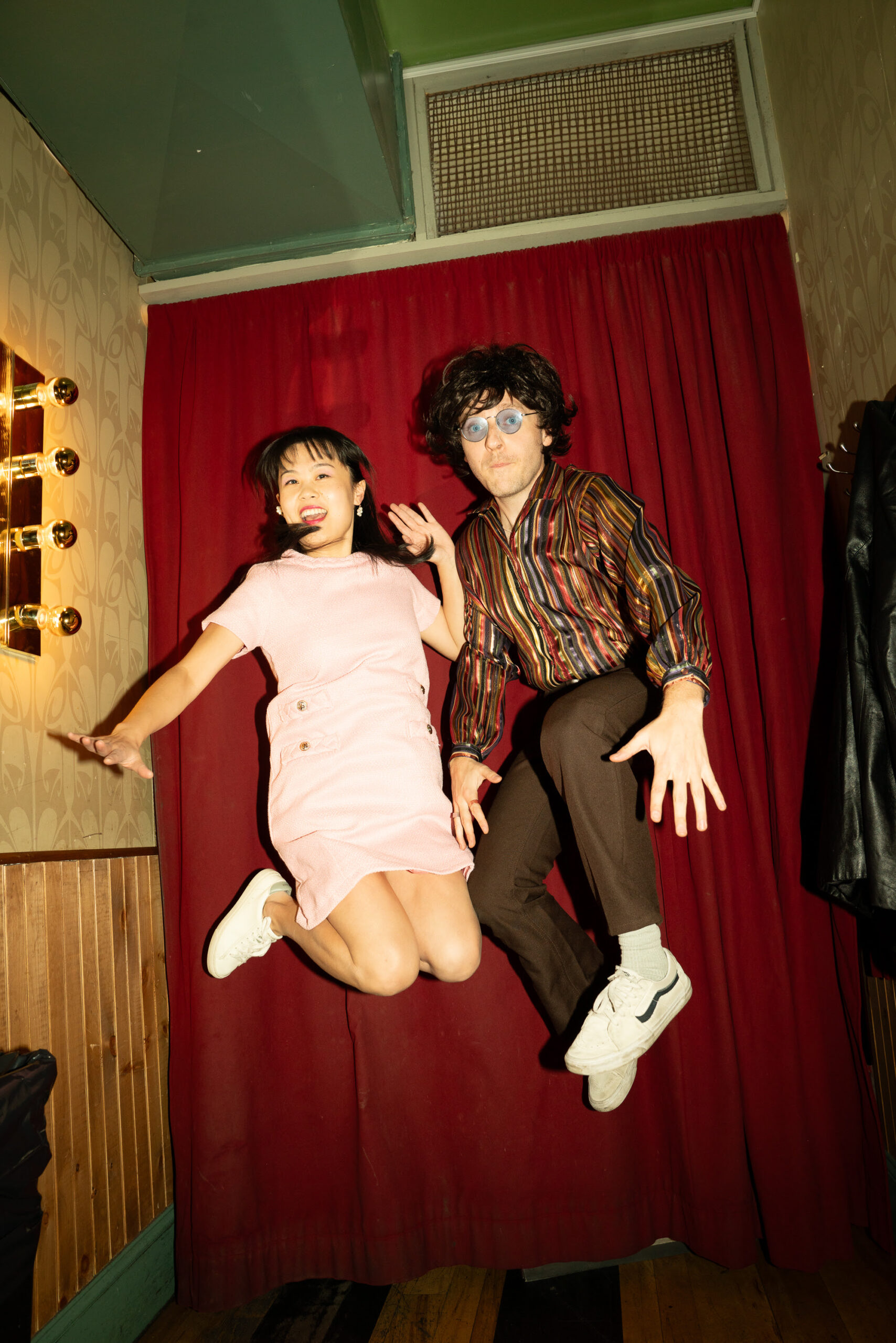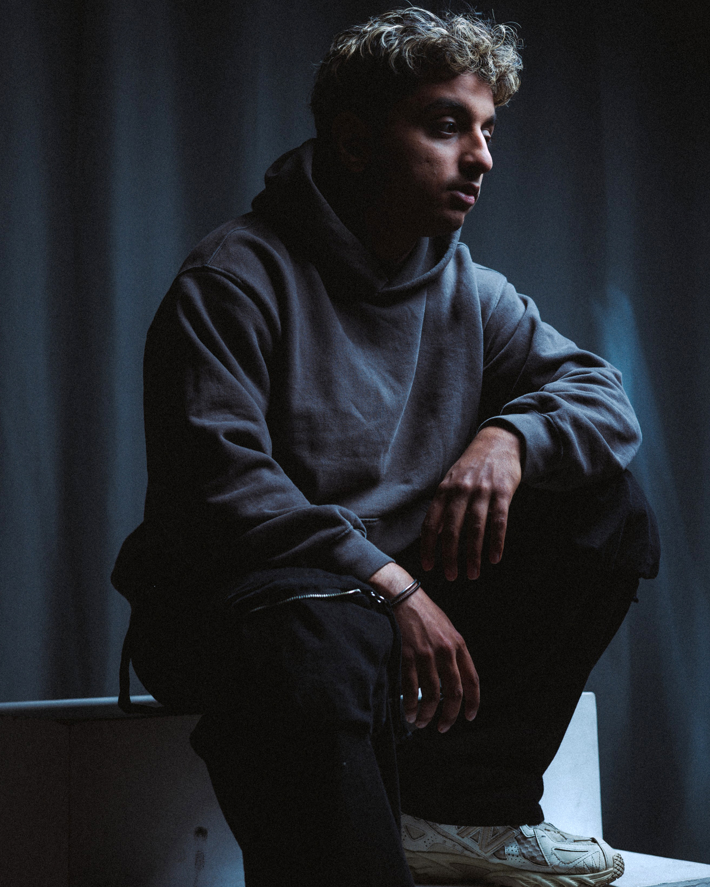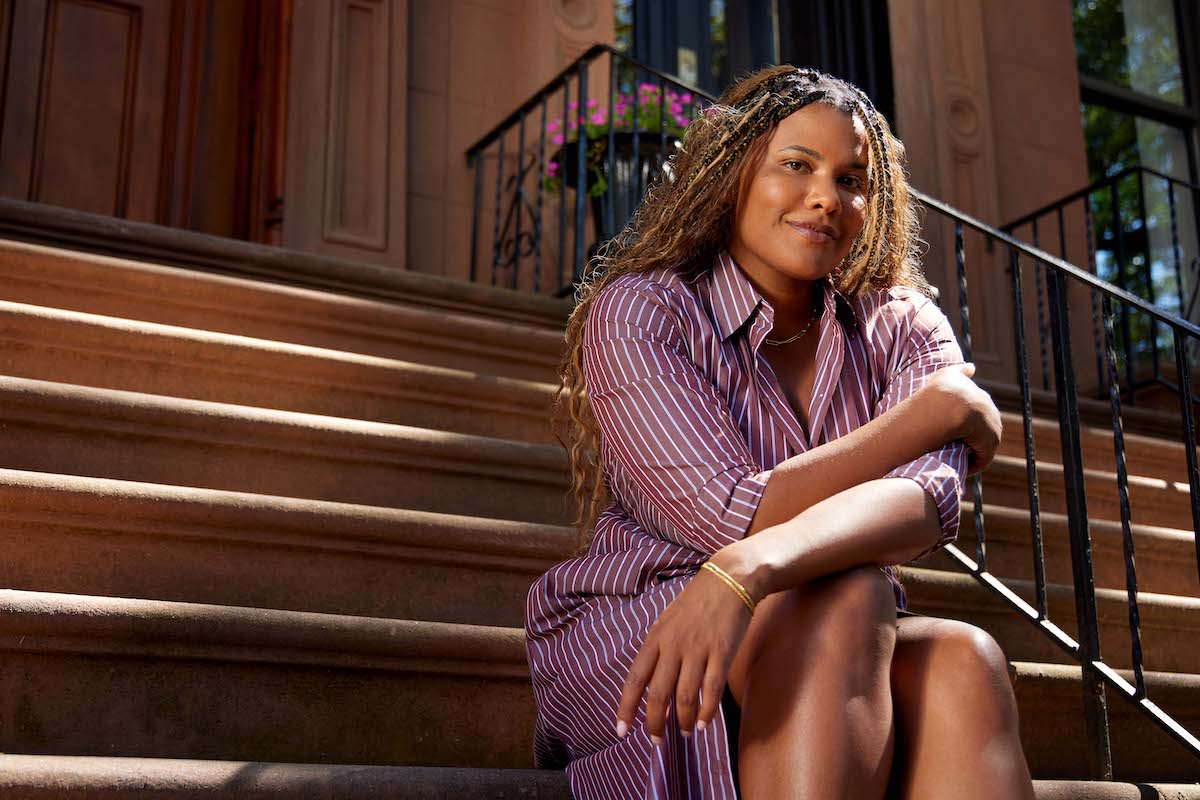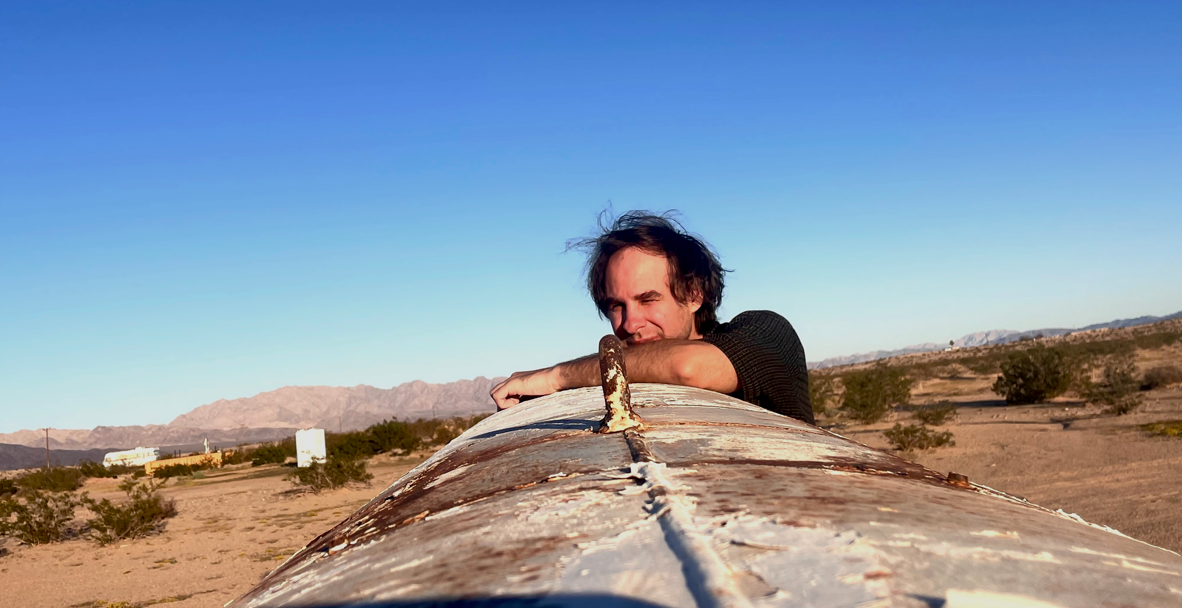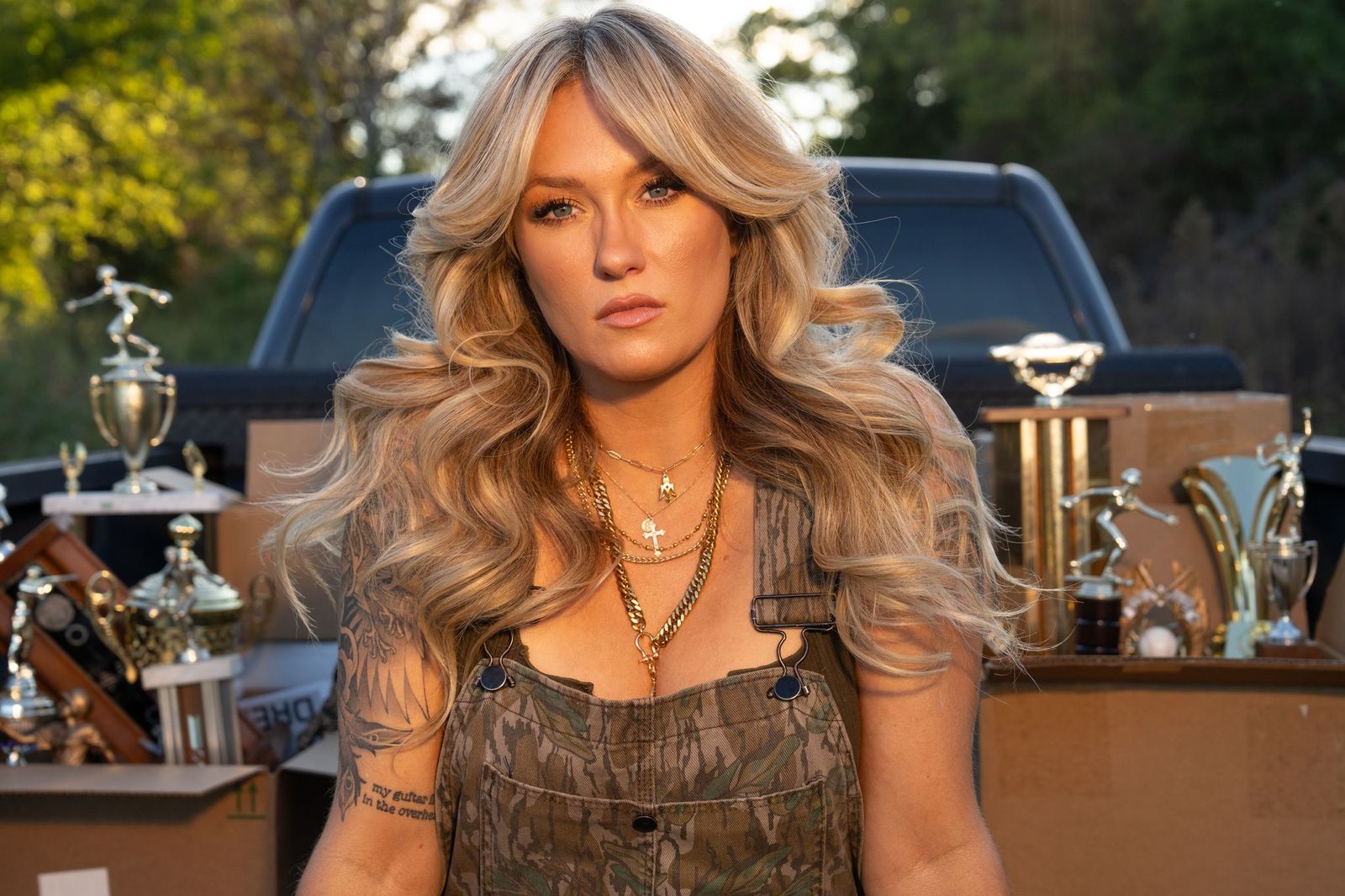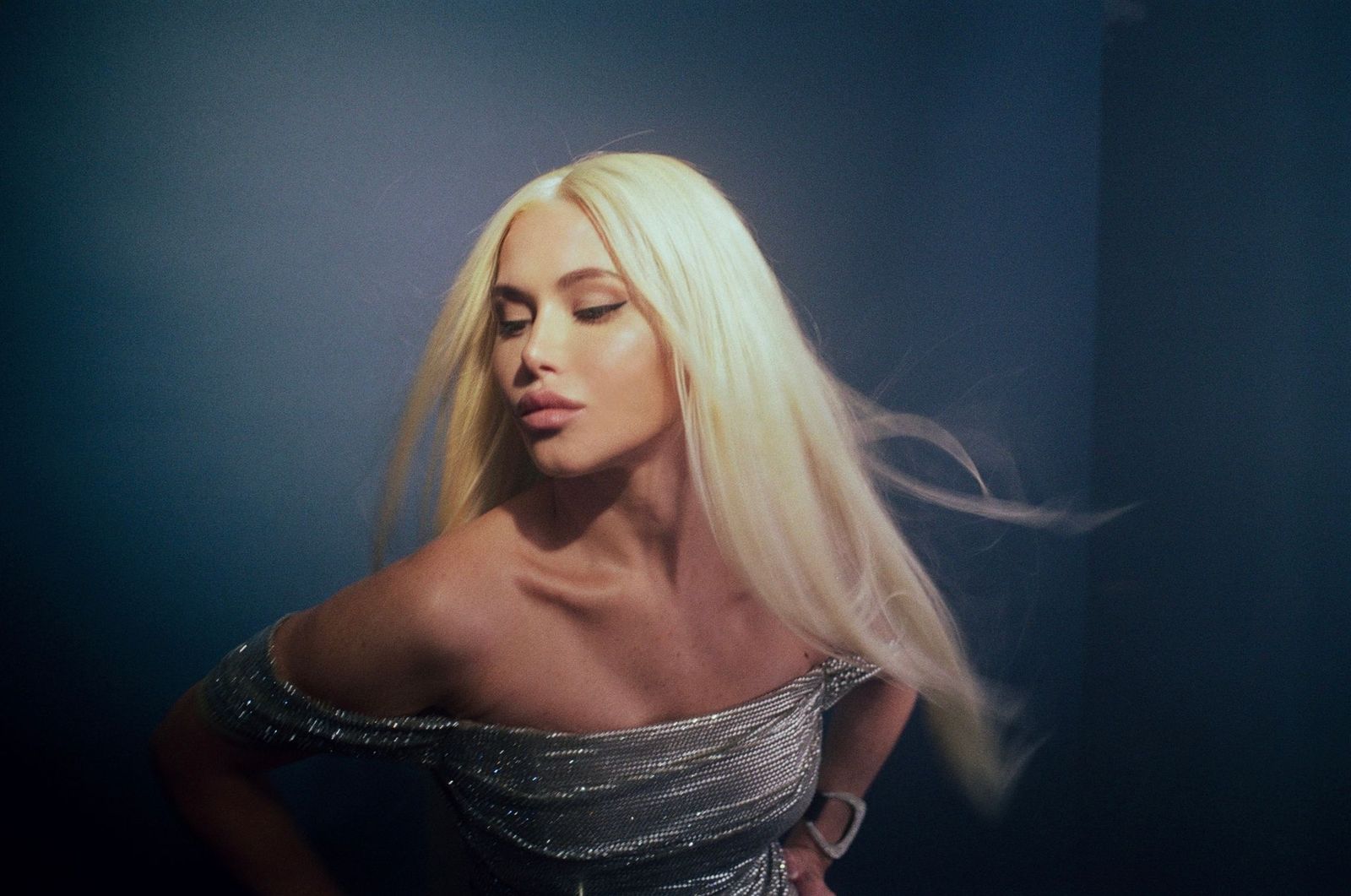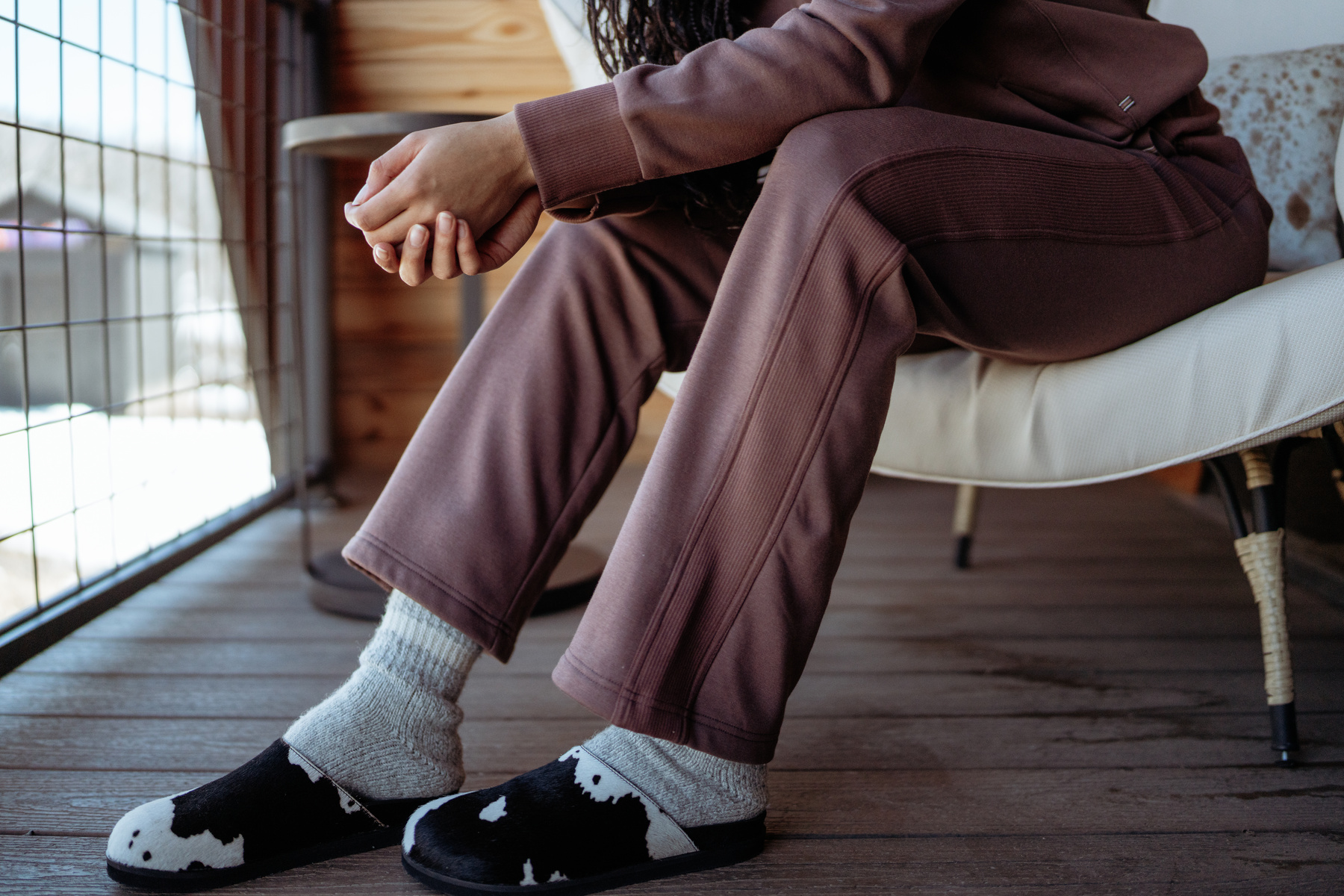Music
Exclusive Interview: Luis Mojica on My Broken Body Is A Medicine Chest and Turning Trauma Into Art
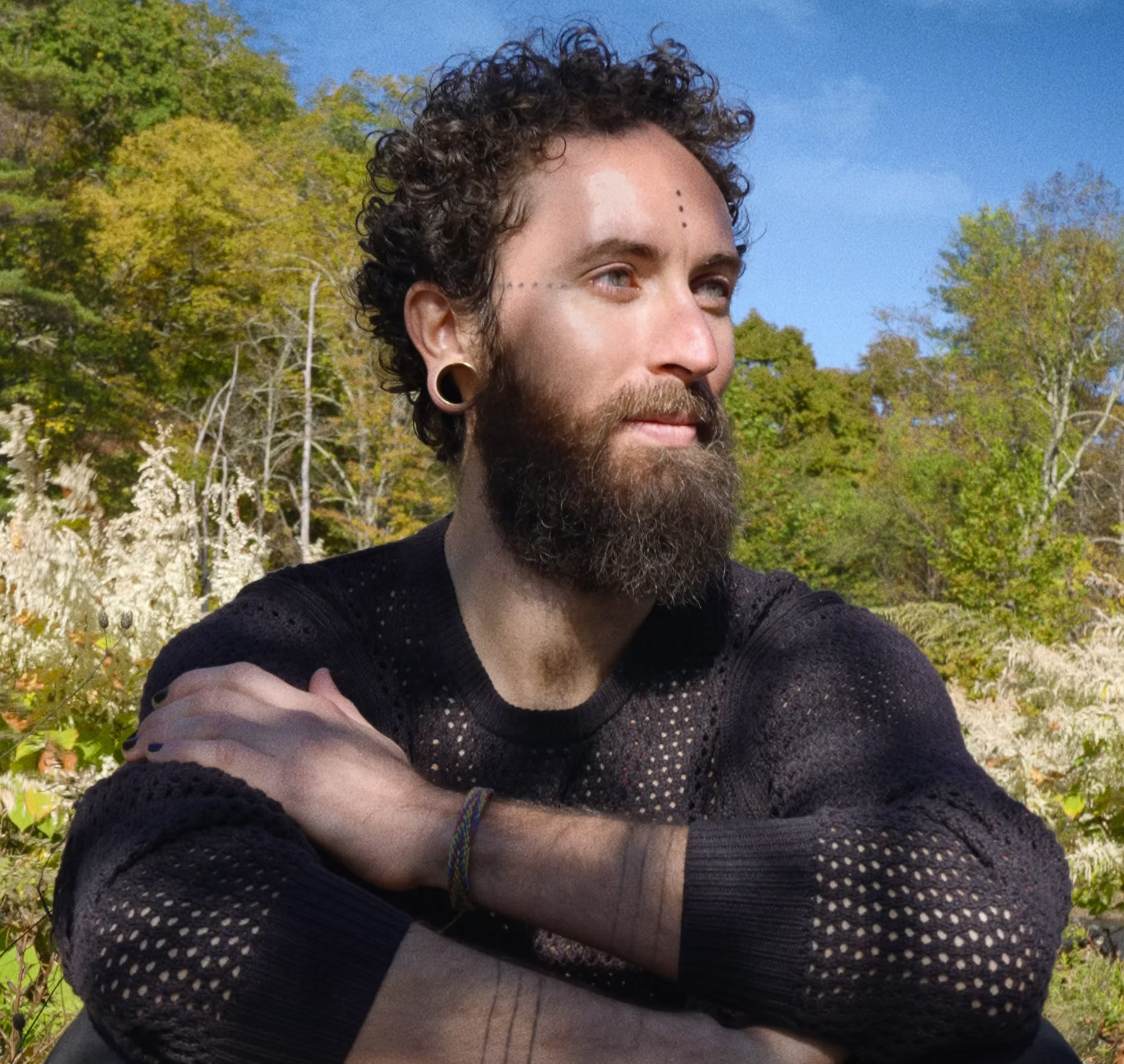
In an era where vulnerability has become the new virtuosity, artists are pulling from their deepest truths to make music that actually feels human. Across the indie landscape, we’re seeing confessional songwriting take centre stage again. It’s not about perfection anymore; it’s about presence and the courage to tell the story as it really is.
That’s exactly what Luis Mojica does. The Woodstock-based artist and somatic practitioner blurs the line between music and medicine with his upcoming album, My Broken Body Is A Medicine Chest. Both devastating and redemptive, the record is a raw exploration of trauma, transformation, and what it means to reclaim your body after pain. Combining his background in international trauma recovery with a confessional, piano-driven sound inspired by Tori Amos and Joni Mitchell, Mojica turns survival into song.
We chatted with Luis about the eight-year journey behind the album “My Broken Body Is A Medicine Chest”, the healing work that shaped it, and why vulnerability is his most radical instrument.
How did you first get into music, and how has your sound evolved since those early days?
I became initiated into music through Joni Mitchell’s earliest albums and began playing the guitar until I discovered Tori Amos. Tori’s music sent shockwaves through my body because she was writing about the very things I was hiding in shame around: sexual assault. I immediately began learning the piano by listening to her songs and playing them by ear. She was, in many ways, my piano teacher.
Who or what have been your biggest creative influences, musical or otherwise, in shaping this record’s tone?
This record took me 8 years to make, which is way longer than anything I’ve ever written. And it’s because this album is extremely confessional. The stories in this album are not hidden beneath thick, poetic tapestries of obscurity. They are direct. The songs themselves came from my body. I wasn’t taking in other music at the time because I wanted to really “listen” to what my body was creating.
Woodstock has such a rich creative history. How has being part of that community influenced your process or perspective as an artist?
Woodstock was the first place that fully embraced me as a musician. I struggled to be heard or seen in NYC, which has become dominated by commerce. Woodstock, and other upstate towns, have venues owned by locals who just love music and community. They were willing to give me a stage and an audience, which completely changed my experience as a, formerly, closeted musician.
When you write, what tends to come first — the melody, the lyric, or the feeling behind it?
The melody is almost always first and then a feeling comes up in response. It’s the feeling that holds the story, the memories, the lineage of whatever it is I’m writing about. But the melody is the catalyst for that.
You’ve worked internationally in trauma and recovery. How does that experience inform your songwriting and the emotional world of this album?
It has greatly influenced this album. One reason it took so long to write is because I had to go to therapy just to deal with what was coming up. It’s one thing to be the teacher and to teach thousands of people around the world how to find safety in their bodies to recover from trauma and it’s another thing to bare myself to the microphone as I navigate the unseen landscapes of my own body. The deeper I went into my own trauma healing, the deeper the writing went.
My Broken Body Is A Medicine Chest feels deeply personal. What inspired the title, and what does it mean to you?
I’ve been working in the field of trauma for nearly 8 years. I have seen, time and time again, that the pain that comes from our most horrific experiences is also the medicine. The body breaks in order to expand and hold more. This album is an offering, a release, of some of the most difficult periods in my life that deeply traumatized me throughout my childhood. The fact that the songs themselves are beautiful, catchy, and even celebratory at times shows the potential resilience that comes from these tremendously painful experiences. All of our bodies hold medicine. Sometimes, they have to break so you can access that medicine.
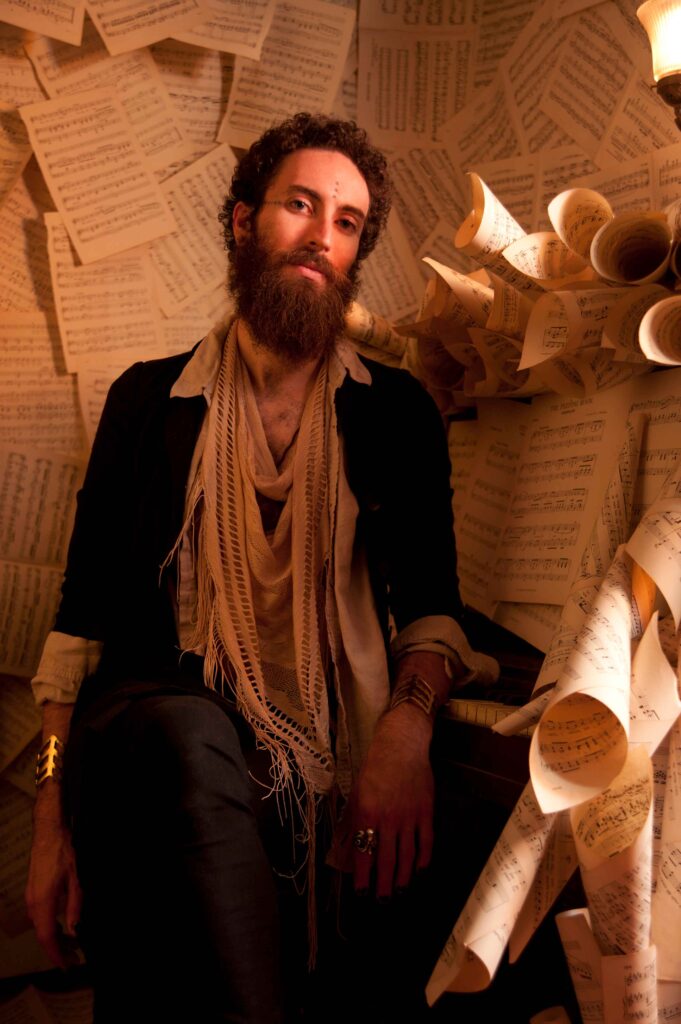
“Mirror” seems to hold a lot of reflection — literal and emotional. What space were you in when you wrote it?
Mirror is a very intimate song. I was born intersex, so I partially developed like a female throughout puberty. You can imagine how difficult and strange that was for a kid in 90s Pennsylvania. I would go to the bathroom to shower and I would let the steam fill up the room and look at myself in the mirror. I would look at this body that had been bullied, this body that I hated so much, and I would try to make friends with what was being reflected back to me. This song is about those very personal moments.
There’s a sense of reclaiming the body and identity in “Rainbow Bruise.” How did writing it shape the way you see your own story now?
Yes, this song is about deep reclamation. I had been sexually assaulted for developing breasts in middle school – on three separate occasions. I didn’t feel like I belonged anywhere. My body felt like a threat to my own life. It wasn’t until I truly saw my body as the Earth and allowed myself to connect to the forest as a being instead of a resource that I felt my belonging to this planet and, as I say at the end of the song, I came through my rainbow bruise and found a powerfully, sturdy sense of self.
If someone could hear only one track from My Broken Body Is A Medicine Chest to understand you as an artist, which would it be, and why?
I would say “Mirror” because it exemplifies what music does for me: helps me access the parts of myself that are isolated or lying dormant, waiting for attention. It’s the ultimate song for self love, self attunement, and the ways we, especially as children, survive horrific experiences. There’s a lot of tenderness, beauty, and eros in this song.
What do you hope listeners take away from this album, especially those navigating their own healing or transformation?
I want them to feel the parts of their bodies that connect to my stories. These songs are stories plucked directly from my body. There’s a possibility here for transmission, for people to, as if by osmosis, invoke parts of themselves they didn’t know how to hold or be with. Possibly even parts they didn’t know they had.
As an independent artist, what’s been the most rewarding, and the most challenging, part of bringing this project to life?
Independent artists have the gift of time. I have no label giving me deadlines or tearing apart songs by trying to make them “sell”. I get to just let this music move through me in a lawless, untamed manner. It’s very honest that way. And that also poses quite the challenge when you’re not wealthy. I have a very small budget and I have to do everything myself. I’m not built for the promotion side of things, musically. I’m built for channeling it and composing it, but what the world does with it is none of my interest. It would be lovely to have someone who cared about those things take this work and run with it.
Looking ahead, what do you hope the future holds for you, your listeners, and how music can continue to be part of the healing conversation?
I am excited to blend my somatic group work with music more than I have done. Like I said, music is a transmission. It’s a literal vibration from a person’s throat and belly when they sing. It’s a reverberation from the instrument they hit or pluck. It’s a shamanic part of our culture that I find extremely important for transforming and healing individual, and collective, traumas and big experiences. I want to make that more obvious when I perform again in the future.

